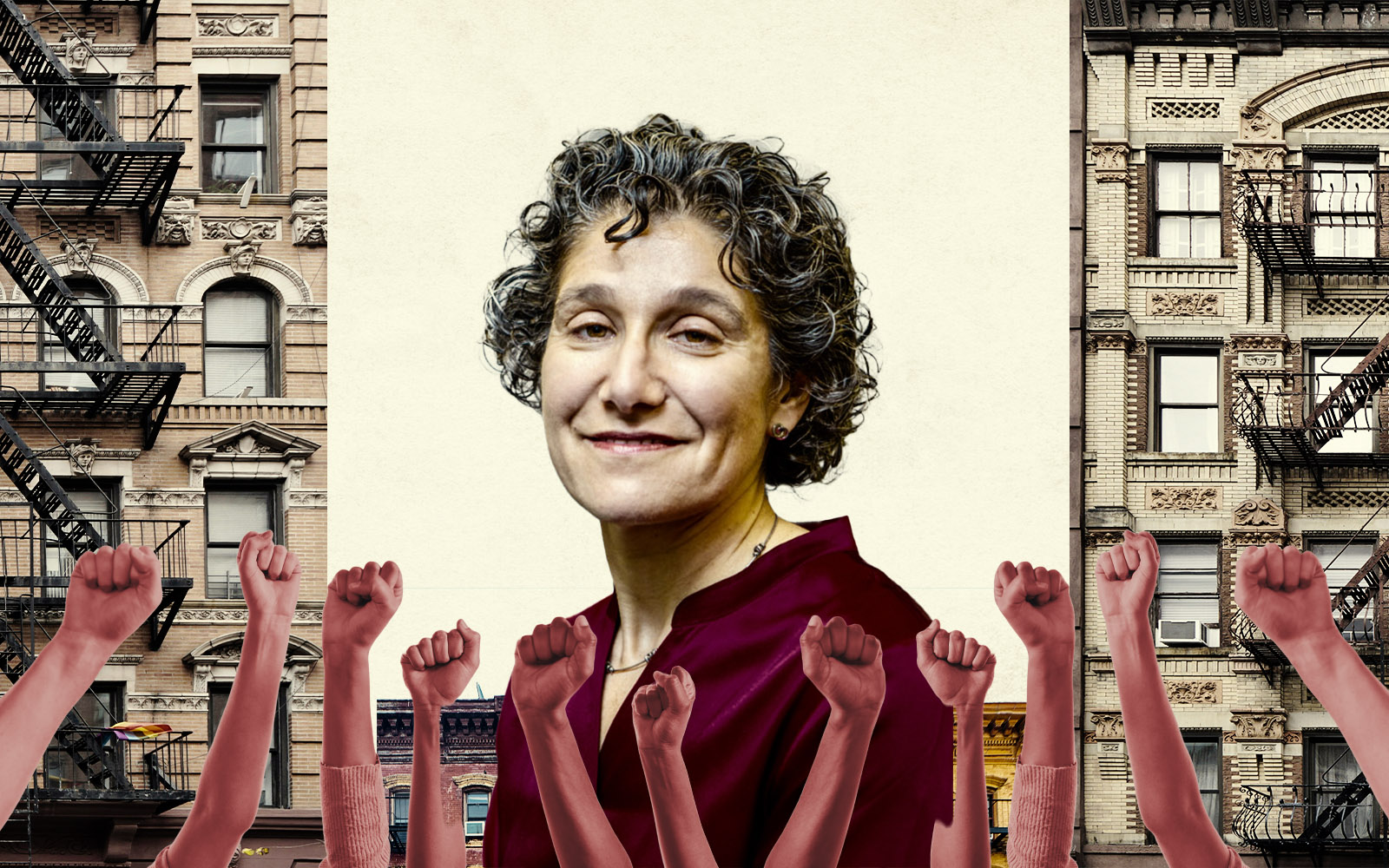During a town hall meeting for tenants last March, an online presentation touted the Mayor’s Office to Protect Tenants as a “core part of the City’s strategy to confront the affordable housing crisis.”
Thirteen months later, the core has been hollowed out. The small office appears to have wound down operations, such as they were.
The office has not had a director for more than a year. And the mayor’s budget plan gives it zero staffers next fiscal year.
This year it was supposed to have five full-timers (and $390,000 for their salaries). Three of those staffers are being transferred to work under Chief Housing Officer Jessica Katz. The other two positions were eliminated to save money.
A spokesperson for the mayor said the Office to Protect Tenants is still running and oversees the Three-Quarter House Task Force, an interagency group that inspects one- and two-family buildings where 10 or more unrelated people live. “This administration is elevating the city’s tenant protection efforts,” a spokesperson said.
The office was formed by former Mayor Bill de Blasio in January 2019 to coordinate city agencies’ responses to tenant harassment allegations. The Department of Buildings, the Department of Housing Preservation and Development and other agencies have roles in addressing tenants’ complaints.
“It really was supposed to coordinate these anti-harassment efforts,” said one source familiar with discussions around the office’s formation. “That never really came to fruition.”
One former HPD official said actions by the Mayor’s Office to Protect Tenants’ sometimes duplicated or even clashed with the agency’s.
“It didn’t always work well,” the former official said. “They were sometimes working on the same cases as HPD, and wanted a different outcome.”
The office would also sometimes rely on HPD’s policy and building-code staff, the person said. The office’s trajectory was affected by a number of forces, especially the pandemic, which forced the city to shift its resources, and the change in administrations.
During the pandemic, nearly all evictions were halted and the office’s director, Jackie Bray, was pulled onto the city’s Covid response team. In May 2020 she was named deputy executive director of the NYC Health + Hospitals’ Test and Trace Corps. The tenants office had an acting director, Ricardo Martínez Campos, until March 2022.
De Blasio, who had a penchant for creating task forces, formed the unit to send a message that combatting evictions and protecting tenants were priorities for his administration.
But the office’s creation did not necessarily come with a long-term plan, and its raison d’etre was deflated in June 2019 when the state’s new rent law largely ended landlords’ incentive to vacate rent-stabilized units.
The office pivoted after the passage of that law, the Housing Stability and Tenant Protection Act. It launched a campaign to educate tenants on their new rights under the law, such as a sudden end to preferential rent.
Mayor Eric Adams, who took office in January 2022, has made agency efficiency a focal point of his administration and restructured the city’s housing leadership. He created the role of chief housing officer to oversee the city’s housing agencies and appointed Katz to the post.
The mayor has not ignored tenants. In his State of the City address, Adams said he would dedicate another $22 million to tenant protection programs run by HPD. His administration also announced that it is seeking to expand Partners in Preservation, a pilot program to keep apartments under rent regulation.
The city last month also released a request for proposals for tenant organizations to partner with HPD against harassment and displacement. Adams said the city would invest $4 million in the program each year.
But the mayor has drawn criticism for proposing that city agencies, including HPD, cut their fiscal year 2024 budgets by 4 percent. The housing agency is already grappling with staff shortages.
City Council leaders balked at the proposed cuts and called on the administration to beef up resources for tenant-focused agencies. The Council is pushing the mayor for an additional $570,000 in baseline funding for the Department of Buildings’ Office of the Tenant Advocate, which focuses on the use of construction to push out tenants. The office, formed in 2017, is expanding to audit tenant-protection plans.
The agency releases quarterly reports on its inspections prompted by tenant complaints. In 2022, it received 2,596 inquiries which resulted in 940 inspections and 1,409 referrals to other state and local agencies.
Last year, the mayor and Katz released a housing blueprint that called for “breaking down government silos, knowing that housing issues permeate dozens of city agencies.” The report listed the Mayor’s Office to Protect Tenants as one of several partners it consulted to craft the plan.
Read more



